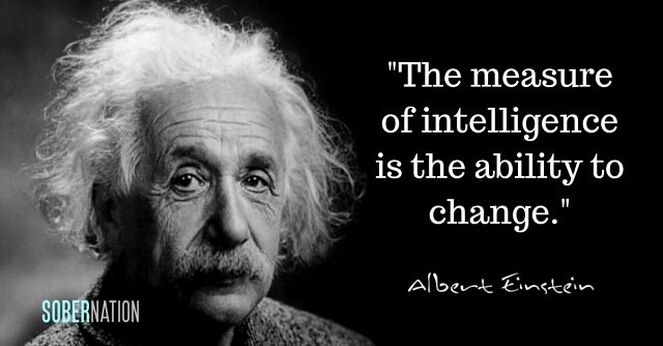 Today at church was the Blessing of the Pets. Dave asked Rev. Debra if she could perform an exorcism on L.C. (our 6 month old Lab who is slightly spirited). Without hesitation, Rev. Debra quipped, "I'd have to see what her demons are, first." I love our priest so much! As I talked about a couple of weeks ago, we sat in the vet's office with our sweet Rudy as she crossed over the Rainbow Bridge. I cried into her fur, even after she had taken her last breath and her heart beat for the last time; Dave whispered softly to her, "LN, K.C., M.E., B.J, and all the others will be there waiting for you, sweet girl" (which, by the way, made me explode into more bursts of tears). So many people have asked us, "How can you do that? I can't be there when our dogs are put down. I just can't stand it." Without any judgement whatsoever, Dave and I simply believe that our pups have been with us for so many years and have given us so much joy and love and faithful companionship, we couldn't bear to not be there for them in their last hours or moments of life. I cannot hide behind my own tender feelings that might tempt me to let a loved one of ours cross that bridge without us. Well, I have found this same premise to be true as I have been listening to the audiobook of "White Fragility" by Robin DiAngelo, who discusses the fragile and often defensive nature of many of us to talk about issues surrounding racism. While I run with L.C. in the morning, I listen to DiAngelo's words challenging me to examine why talking about racism would be more offensive than the act of racism itself. I often begin to hide behind my own feelings by saying to myself: "I have friends of color"; "I dated several Latino boys"; "As a principal, I wouldn't tolerate the use of the 'n' word". And then DiAngelo says something that makes me think, "I might not, in any way, be overtly racist, but in what ways am I working to make societal changes to help others understand that simply because someone marched in the 1960s Civil Rights marches doesn't change the fact that we can still lack the "racial stamina" to engage in tough conversations about race?" Yes, I remember many times, growing up, saying those words, "I'm color-blind. I don't see color". Well, that is just ridiculous. Of course we see color. We don't have the human capacity to be that objective. The question in my mind, right now, is what does it mean when I see color? How do I react? Am I proud that I was raised in a city, in many neighborhoods, and in many schools in which most of my friends were of another race than I am? Maybe, admittedly, I am. But DiAngelo is challenging me to think about how I still had many advantages that my black friends did not, even though I can carry the "I grew up in a single-parent apartment without money to pay for field trips at times" flag. Simply put, I was not immediately judged when I walked in a convenient store or a department store, so the truth is my color did hold some advantages for me, even if I felt "less than" sometimes. The fact of the matter is, I truly believe that saying "Black Lives Matter" does not negate any of those toils and troubles with which I grew up. It simply means that our society is geared to give privilege to white people (we can go deeper down that label, if you'd like, privately), and we seem afraid to talk about it. What do you hide behind? Fear of hurt feelings? Fear of defensiveness? Fear of being called a name you believe you have worked hard to overcome being called? Why do we have to hide? Why don't we begin talking about the issues that keep our schools from showing equity? Why don't we begin talking about issues of inequality in all areas of society? I'm willing, if you are. Happy communicating!! Shelly
0 Comments
Leave a Reply. |
Shelly ArnesonCategories |


 RSS Feed
RSS Feed